Many Americans who depend on SSI (Supplemental Security Income) have been waiting patiently for their next payment. The last SSI check was sent out in February 2025, which means that there was no SSI deposit in March. This has caused concern for some recipients, especially those who rely on these monthly payments for basic expenses like rent, groceries, and bills.
But here’s the good news—the next SSI check will be deposited on April 1, 2025, and it will follow the regular payment schedule set by the Social Security Administration (SSA). If you meet the required conditions, your money will be on its way soon.
Why Was There No SSI Payment in March 2025?
Sometimes, due to how the calendar falls, the SSA sends two payments in one month and none in the next. That’s exactly what happened earlier—February included March’s SSI check, which is why no deposit was made in March.
Now, the April 1 payment will be sent as per schedule, with no delays or irregularities expected this time.
Who Will Receive the April 1 SSI Check?
The SSA has confirmed that everyone who is eligible for SSI benefits will receive their next payment on April 1, 2025. This check is part of the April benefit cycle and is not a back payment or a delay from a previous month.
If you’ve been waiting since your last deposit in February, this will be the first new SSI check in weeks, making it one of the most anticipated payments of the season.
How Much Can You Receive From SSI in 2025?
Thanks to the COLA (Cost-of-Living Adjustment) increase in 2025, the maximum monthly SSI payment is now:
- $967 for individuals
- $1,451 for couples
However, not everyone receives the full amount. The actual payment depends on your monthly income and resources. If your income is very low, you may receive the maximum. But if your income increases in the future, your payment may be reduced—or stopped altogether.
Basic Requirements for SSI Supplemental Security Income
To receive SSI every month, you must meet two main requirements:
1. Age or Disability
You must either:
- Be 65 years or older,
OR - Be legally disabled, regardless of age
2. Low Income and Limited Resources
SSI is meant to help people with low income and minimal assets. If you own property or have higher monthly earnings, you may not qualify—or your benefit could be reduced.
The SSA checks your income regularly to ensure your payment amount is accurate. If your financial situation changes, you must inform the SSA, or you might face overpayments or penalties.


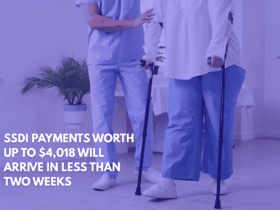




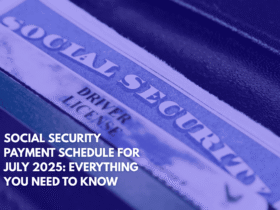
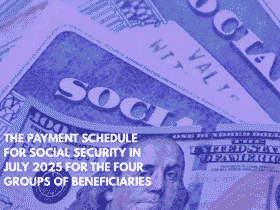
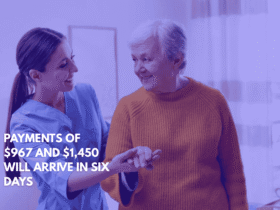
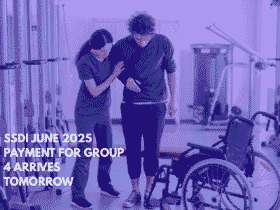
Leave a Reply